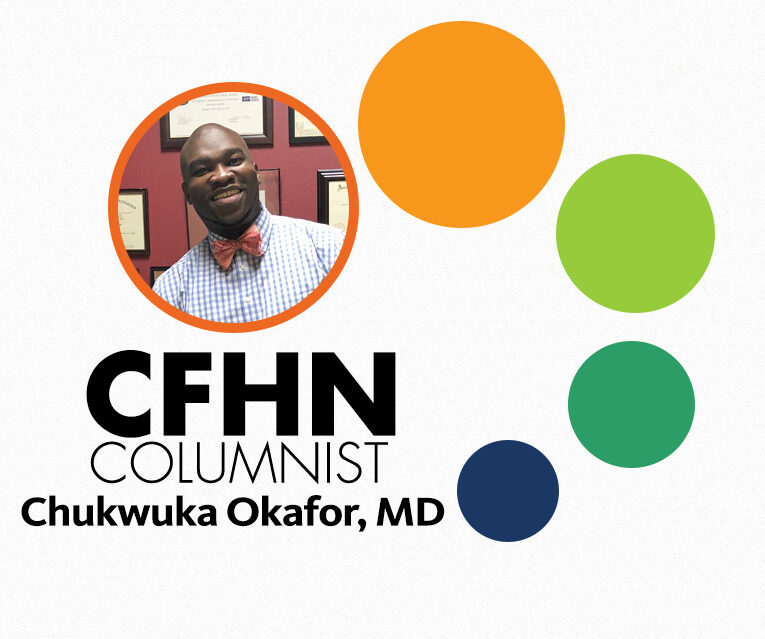As a spine surgeon, I routinely see various life-threatening consequences of opioid addiction. These could include severe spinal instability and paralysis that develops from infection, that occurs due to intravenous injections of opioids — by patients who are addicted to opioids. These patients typically started by taking that single initial opioid tablet, and quickly developed dependence, then addiction.
In addition to life-threatening infections, it is not uncommon as a spine surgeon, to be called in to see a patient admitted at a hospital with a spinal abscess that has extended into their spinal canal from their spinal vertebra or disc that then goes on to severely crush their spinal cord resulting in paralysis. When oral opioid use transitions to intravenous injection of opioids by the addicted patient, that becomes even much more life and limb threatening. It increases risk of deadly overdose and increases risk of catastrophic infections. Patients at times succumb to the infection, losing their lives at very young ages as a result of sepsis and/or complications of such spinal infections.
There are a host of other very serious consequences that follow, when prescribed opioid use turns to opioid dependence and then addiction. Opioids are meant to only be taken as prescribed by your physician, and avoid taking opioids if there are alternatives that can help control your pain. If you ever have to take opioids, take them very sparingly, and only for a short duration of time. For most conditions requiring opioids, less than a 3-day course of opioids is sufficient. Always think long-term when it comes to your health and well-being. Remember taking opioids only as a means to stop pain, is akin to drinking vodka as a means to quench thirst; or turning down the temperature on a thermostat to cool off while there is fire in a room; as opposed to getting out of the room or putting out the fire. These achieve short-term results but are not good long-term strategies.
For those receiving chronic opioid therapy for nonmalignant pain, remember these risks related to opioid addiction and overdose, also applies to you. Remember to follow all instructions provided by your treating physician. Remember, no amount of opioids will eliminate your pain, it is just a part of a multi-modal treatment approach to help address your symptoms and conditions. Remember if you are on chronic opioid therapy, to decrease your risks:
- You should not receive opioids from more than one physician
- You should avoid adding benzodiazepines, like Soma, to your already existing opioid regimen (unless your doctor clearly instructs you to do so) —as it increases risks of overdose
- Increasing your opioid regimen will hardly result in any clinically meaningful mid-to-long term improvement in your pain – always follow your prescribing physician’s recommendations/instructions. Also ask him/her if it is absolutely necessary to increase your opioid medications; especially if there is little focus on non-opioid modalities of treatments.
- If you have been on a high dosage of opioids for months/years, and still having increased moderate to severe pain, say pain levels greater than 6/10. You can see that the current strategy of going up on your medication is not yielding the desired outcome. As you are on high dosage with still severe pain. A lot of patients would likely notice that their level of pain is the same as it was when their daily opioid amount was at a lower dosage. Some patients on high dose opioid experience improvement in their pain when their medications are slowly tapered down to a lower daily amount, while including other non-opioid treatments. Remember assessing different treatment strategies can be helpful in improving your quality of life, reducing your pain, and improving your functionality.
- Ensure you are getting periodic assessments with a Clinical Psychologist to help develop various pain coping skills. They can teach you a host of effective modalities like mindfulness, etc. These can help improve your quality of life, decrease your reliance on opioids, and improve your functionality.
If you or a loved one is suffering from opioid addiction, remember there is help out there. There are lots of resources, including for example outpatient facilities that are available. A few examples of such in the Central Florida include:
WhiteSands: Alcohol and Drug Rehab
863-209-7451
Lakeland Centres: Lakeland Methadone Clinic
863-687-9900
LifeCare of Lakeland
863-269-0739
Given the COVID-19, SARS-CoV-2 pandemic and requisite significant lifestyle changes we have made over the past few weeks, there are increased stressors that can predispose those with prior history of opioid addiction to relapse, or that can increase risks of opioid addiction and overdose. Remember help is available, you are not alone. Seek out help and resources immediately. All the resources listed above are open during the COVID-19 related stay-home orders.
Dr. Okafor is an Orthopaedic Spine Surgeon at the Spine Institute of Central Florida
